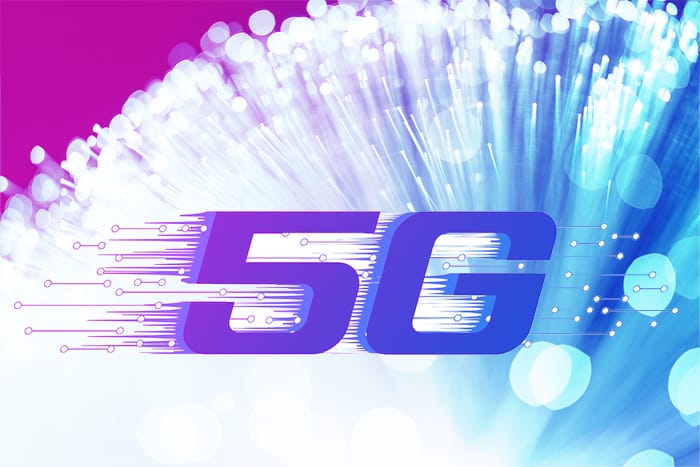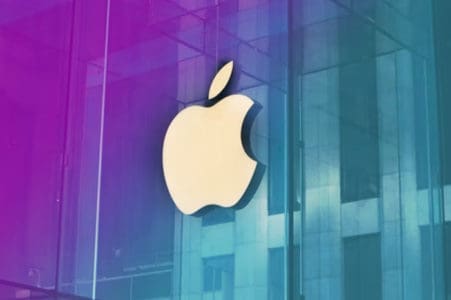The Indian government recently completed the 5G spectrum auction successfully. It earned the government a whopping Rs 1.5 lakh crore, the most significant revenue ever from such an exercise. The bands have been picked up by Reliance Jio, Airtel, Vodafone Idea, and a new entrant into the mobile field Adani.
This makes India one of the 50 countries that have joined the latest mobile technology that will revolutionize how people use their devices. 5G allows the quicker download of data and lesser lag, impacting the very way we live, work, and play. It will trigger innovations in agri-tech, fintech, e-commerce, banking, AI, and blockchain technologies.
Reliance, which already has an extensive fiber network across the country, will be the biggest gainer. With its substantial B2C network, the company is expected to strengthen its base in the space and expand to B2b sectors.
The services are expected to start rolling out in October this year with the completion of spectrum sales. Though the allotted spectrum will span most parts of the country, 100% coverage will take some more years.
A Massive Change in Internet Usage Inbound
Already, nearly 25% of the mobile devices sold are 5G compatible, while it is expected to reach 60-70% by the end of this year. The majority of the consumers are youngsters who are waiting for the latest technology to arrive. Content consumption will see a big jump as data download speeds will be 20 times faster than the previous 4G technology.
The country may also see the launch of e-commerce live streaming, which is popular in China. Here, consumers can buy the products even as live streaming is happening on their screens. This requires a high-speed network, and 5G is expected to satiate that need.
Also, 5G will help workers who are in the hybrid work mode now, as downtime and data lags will be a thing of the past. The technology will speed up the digital inclusion of large masses by offering broadband for all, allowing remote delivery of healthcare services and boosting smart agriculture.
Though the data plans in the country are among the lowest in the world and are expected to continue even with 5G technologies, prices of mobile devices have remained high. Compared to a 4G handset, a 5G-compatible device costs nearly 20% more. But that will come down as volumes increase.
High debt levels accrued by telcos over the years have been a concern. However, the flexible payment terms, extending up to 20 years, will reduce the stress on these companies.













